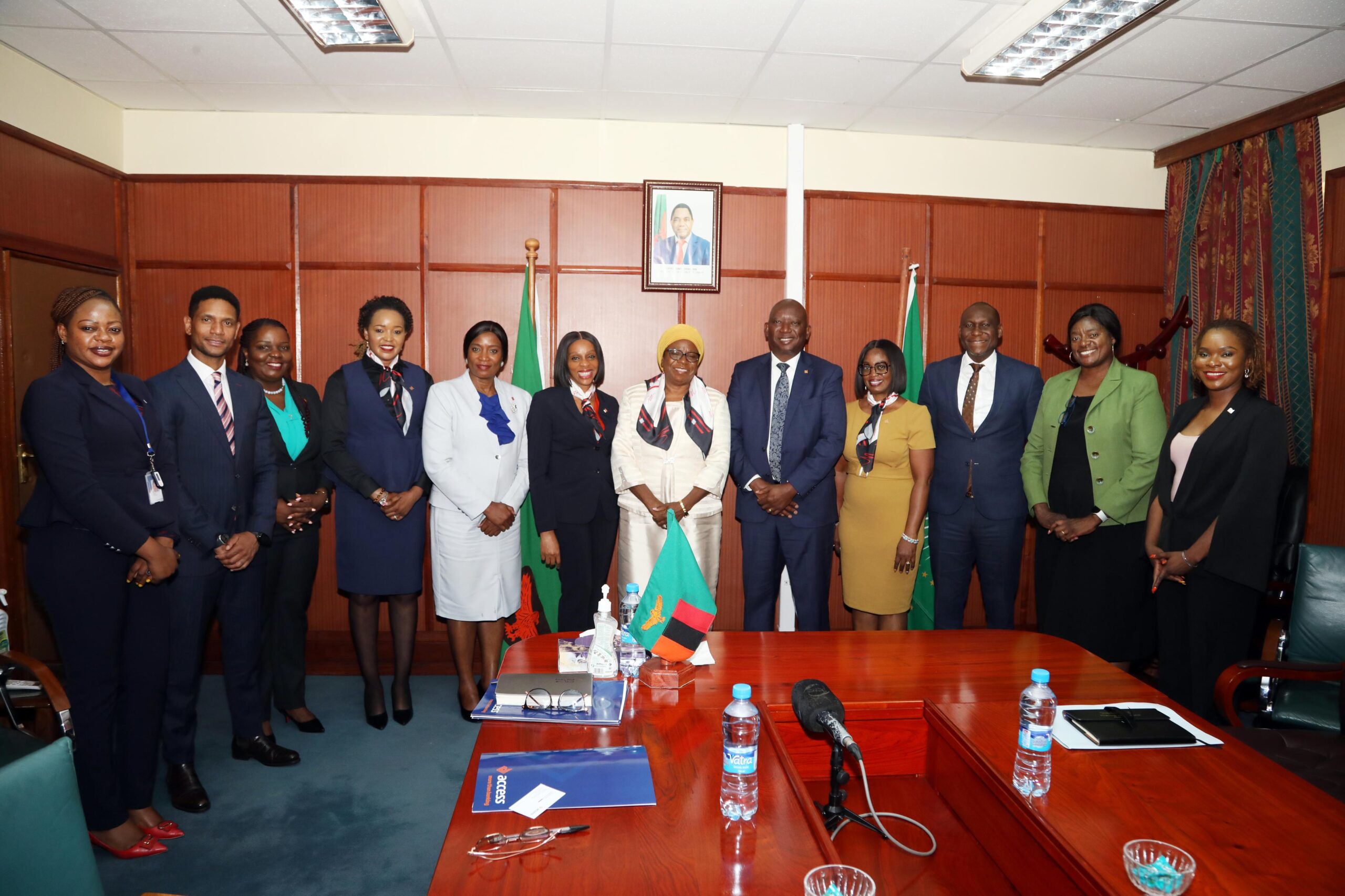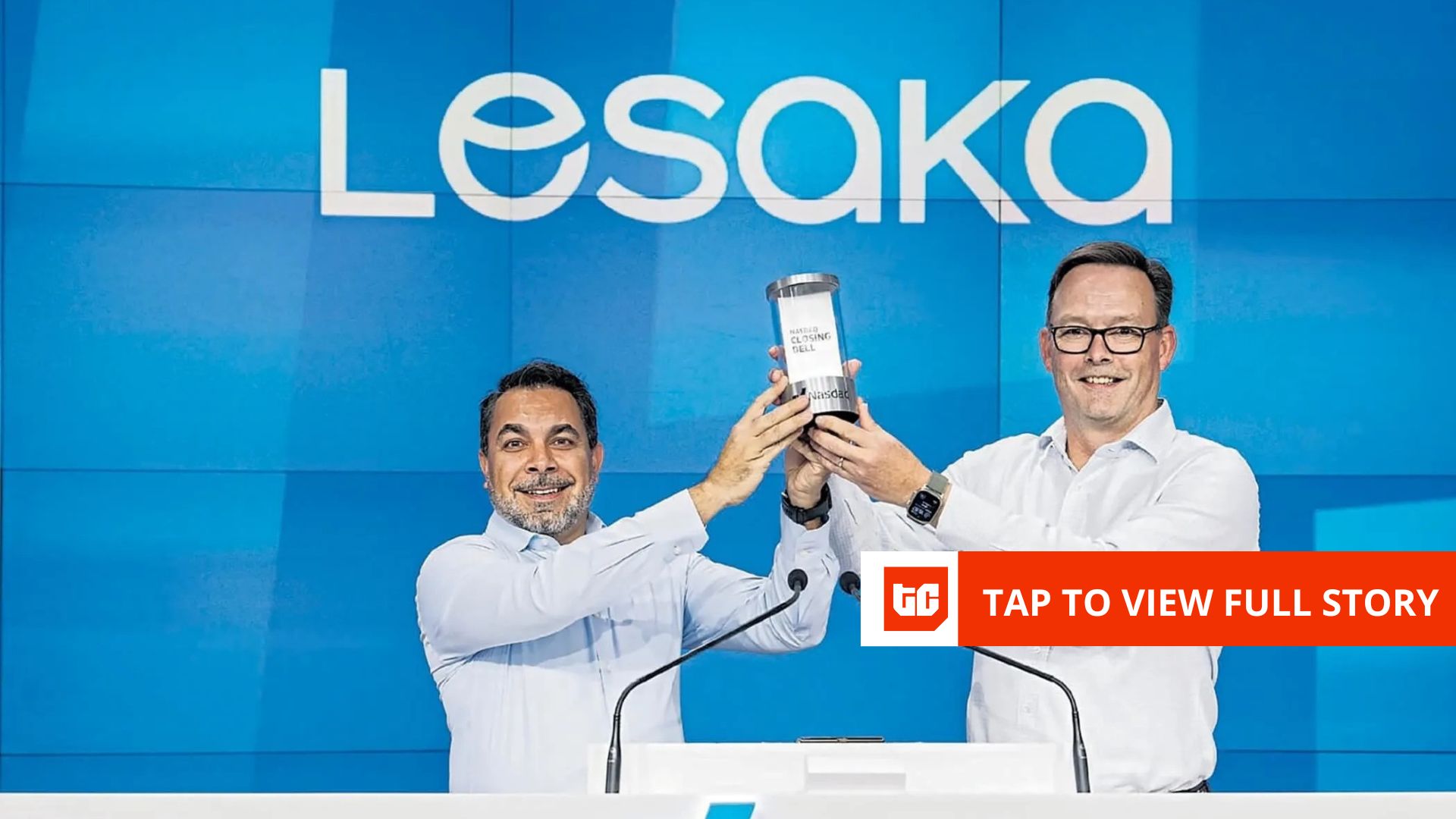Place your adverts here on InfoDig @ low rates; banner ads, sponsored links and guest articles etc. Contact us
As the old cliché goes: “In Nigeria, cash is king”. It’s a truism that remains a point of contention among the local financial services sector, as digital payment systems across the continent evolve, and Nigeria risks falling behind.
For many Nigerians, especially of the older, less tech-savvy generation, digital payments like mobile money or e-wallets remain mysterious, even suspicious.
In January this year, credit agency S&P Global Ratings released a report on this very topic, explaining that Nigeria’s mobile money market was lagging behind their nearest comparable counterparts, Ghana and Kenya.
The two countries have widely embraced mobile money as a pathway to greater financial inclusion, providing payment systems to the underbanked population that need access to easy, user-friendly remittance systems.
Yet despite the fact that Nigeria is among the most advanced countries in Africa in terms of internet infrastructure, only a small percentage of locals are willing to trust these digital platforms. Though there is a growing interest, with an increase of 18.1% in registered mobile money accounts per 1000 Nigerian adults as of November 2023.
However, what has become clear is that at least some of this renewed interest in mobile money lies in Nigeria’s informal economy, where naturally, cash remains king, but where digital payments and transfers are reaching similar levels of popularity.
According to Moniepoint’s 2024 Informal Economy Report, faster transfer times for digital payments and the ongoing currency crisis has led to a need for alternative payment systems that don’t rely on hard currency.
However, the research suggested most of the digital payments made are still in the tried-and-tested categories: card payments and electronic bank transfers, rather than mobile money. And this aligns with PayU’s own understanding of local spending and payment trends.
It is vital that we continue to accelerate adoption of digital payment solutions in this cash-heavy society, because as Mckinsey’s analysis into the Nigerian remittance landscape suggests, it is the merchants and merchant acquirers who will benefit greatly from digitalisation, alongside their clientele.
Ideally, as payment providers, we must offer both traditional payment methods while developing distinctive new offerings to meet the pain points of our customers. However, it is reliability, and cost-effectiveness, that will be the most important aspects of the client-centric approach.
There was a time not so long ago where bank transfers took hours, causing major wait times for the customer and merchant. However, many payment providers – including PayU GPO – have completely transformed these processes, with instantaneous transfers becoming the norm.
I am proud to say that PayU GPO in Nigeria has a robust global reach and advanced payment capabilities that resonates with merchants growth needs in local markets while achieving customer testimonial of over 99% success rate across payment methods, and that in the event of a failure, compared to our counterparts.
We believe this almost perfect success rate is continuing to build trust between anyone using our services and their clientele – and helping to drive the digital payment revolution.
This push towards digital was evident when the Nigeria Inter-Bank Settlement System (NIBSS) announced an all-time high in 2023 – with the number of transactions increasing by 55% that year. NIBSS’ data indicated that in March 2023, the volume of e-payment transactions reached an unprecedented peak of 1.17 billion, the second highest amount of payment traffic followed in December with 968 million transactions recorded.
Now these numbers may decline in 2024, as consumers are having to adjust to the reality of an overall economic decline and rising goods and services prices. However, despite this volatility, our team has noted a few spending habits that are still driving digital payments.
Firstly, the growth of e-commerce and mobility services – as our mostly youthful population engages in online shopping. Smartphone penetration is likely to reach 60% by 2025 and rising internet subscriptions, meaning e-commerce is more accessible than ever before.
Another trend among young Nigerians is increasing engagement with sports betting, seen as an extra source of income struggling to make ends meet – though as with all gambling, it can have devastating effects on one’s finances.
Secondly, recurring billing and subscription models. One of our key offerings is the easy facilitation of recurring payments, so everything from streaming services to monthly bills to long-term investments. Regardless of the state of the economy, those monthly costs still need to be reliably paid, and we rarely want to sacrifice our favourite entertainment platforms.
While our own market research has a focus on card payments and electronic transfers – our specialties – that is not to say mobile money platforms aren’t on PayU GPO’s radar.
With a rise in digital payments, it will only be so long before innovative new platforms capture the imagination of our young population, especially with the local fintech eruption.
A more mainstream example was mentioned in the McKinsey research, where African payments giant, OPay, partnered with mastercard to enable its Nigerian merchants and customers to purchase from global businesses through its e-wallet systems.
It will be the financial services sector – in collaboration with innovative start-ups – that will likely be pushing the evolution of Nigeria’s payment landscape.
In the meantime, it’s up to us to maintain – and help develop – the trusted payment solutions as the foundation of these upcoming innovations.

 3 hours ago
54
3 hours ago
54
















 English (US) ·
English (US) ·